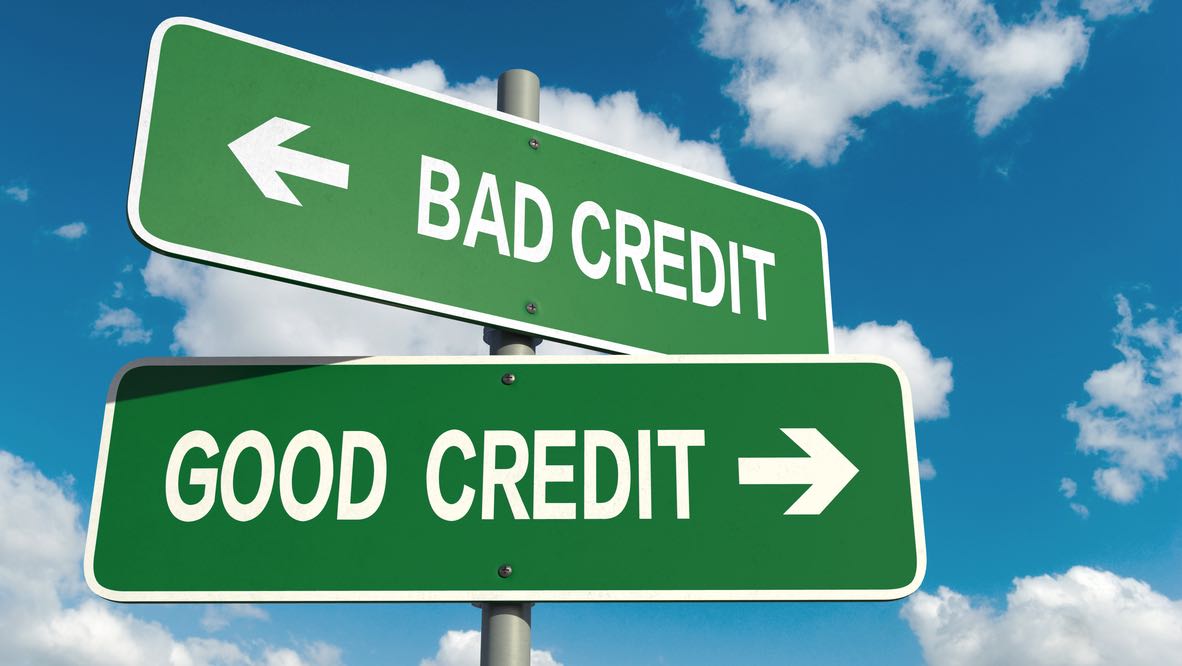
FICO 10: How Will New FICO Scoring Update Affect Your myFICO Credit Score
Back in January, FICO announced that new versions of their scoring model will officially roll out this summer–the FICO Score 10 T and FICO Score 10. Given that many lenders (including credit card companies) use FICO scoring models to assess creditworthiness, this is pretty big news.
The changes FICO is making could mean that those with at least fair credit could see their scores climb higher. It’s estimated that scores will rise for around 40 million people.
Let’s take a look at what these changes are and what it could mean for you.
So What Changed?
FICO already alters it score every couple of years–it uses consumer patterns and behavior emerging from its tracked data. It just so happens that it’s altering its formula a little bit.
FICO’s new credit scoring model will take into account consumers’ account balances for their past 24 months–it could cause your score to fluctuate around 20 points. There are other changes like carrying a credit card balance or personal loans that can affect your score.
The justification into looking into the past two years of your balance history is to give lenders a more comprehensive view of how you’re managing credit throughout a period of time. VantageScore, another credit scoring model created by the three major credit reporting bureaus–Experian, Equifax and TransUnion–is also using this information with a different formula.
The idea behind these changes is the new formula will give lenders better insight into how to predict your credit behavior. In other words, it’ll help lenders avoid too much risk while being able to provide more competitive offers to more consumers (aka lower rates on loans).
Changes to FICO 10 will take a look at recently missed payments and factor them more heavily in calculating scores. It’ll also look at your credit utilization rate–the percentage of your overall credit you use–much more heavily for long periods of time.
Again, the point is to allow lenders to have a better assessment of a borrower in terms of their risk profile–are you someone more likely to pay back a loan? It can be used on a wide variety of products such as auto loans, credit cards, personal loans and mortgages. Plus, these scoring models will be used in all kinds of inquiries, from pre-screening or pre-qualification to approving the loan, all the way to managing a consumer account.
How Do The Changes Affect My Credit Score?
Like mentioned above, you could see your score go up around 20 points, though this might not be that big of a deal if you already have a high credit score. Plus, these changes don’t affect the main ways your score is calculated. Rather it just takes a look at some of the ways your credit behavior can show signs that you’re either creditworthy or not.
For example, if you decide to take out a personal loan to consolidate credit card debt and maintain very low balances on those cards (if at all), then you could be viewed more favorably. Think of this as a better way to get insight into your behavior, like someone being more accurate in your overall performance at your job.
FICO believes that around 110 million people will notice changes to their credit score–40 million could see it go up. Most people might not even see a change or a tiny shift, not enough to really affect much.
Given that, that’s not to say that all lenders will use these new scoring models immediately. For example, most mortgage companies will probably not use them since home loans tend to be backed or guaranteed by Fannie Mae and Freddie Mac. Both still require underwriters to use FICO’s older scoring models.
As for other lenders, it’ll depend on how quickly they’ll want to adopt to the new model, if at all. The three major reporting bureaus will offer these updated scores–Equifax by the summertime and Experian and TransUnion by the end of 2020.
What If I Don’t Have Good Credit?
The unfortunate news is that your score could go down by 20 points or so under the new scoring formulas. If you have fair credit you could be safe, but the lower your existing score is right now, the more you could see it drop.
Given that, there are ways to improve your creditworthiness by tweaking some of your behavior now. These are pretty much the same across the board to improve your credit score no matter which formula is being used. However, you’ll probably want to start on them sooner than later, considering the new FICO scoring models will look at longer term behaviors, such as how long ago you’ve paid down debt.
-
Pay On Time
Making on-time payments is probably the most important element when it comes to calculating your credit score. Even if it means paying the minimum required balance, do it. If you need to, either set yourself reminders or put your payments on autopay. Do this for a few months and your score could go up.
-
Make More Than Your Minimum Payments
It’s not always possible, but the more you pay down your debt, the lower your utilization rate will be. The lower it is, the higher your credit score typically goes. That being said, make sure as you pay it down to not rack up another huge balance.
-
Don’t Apply For Too Much Credit At One Time
Opening too many accounts means these inquiries will appear on your credit report. It’ll temporarily lower your credit score. However, if you’re shopping for major loans like mortgages it could count as one inquiry.
Each time you apply for credit, whether it’s a credit card or loan, and regardless if you’re denied or approved, an inquiry appears on your credit report. This temporarily dings your credit score about five points, though it’ll bounce back within a few months. Try to limit applications as needed and shop around with pre-qualification tools that don’t hurt your credit score.
-
Check Your Credit Reports
Your credit report will tell you different factors that affect your credit score. This insight can help you figure out what you need to do to improve it. If you see errors, then take the necessary steps to correct it. You can get free credit reports from all three major credit bureaus each year at AnnualCreditReport.com.
Summary
If you’re already responsible and timely about paying your bills, you shouldn’t have to worry about your credit score going down with this new formula. However, if late payments are a regular habit in your household, now is the time to change that. Start this month and get those payments in before their due date. It’s never too late to begin cleaning up your credit.


Article comments